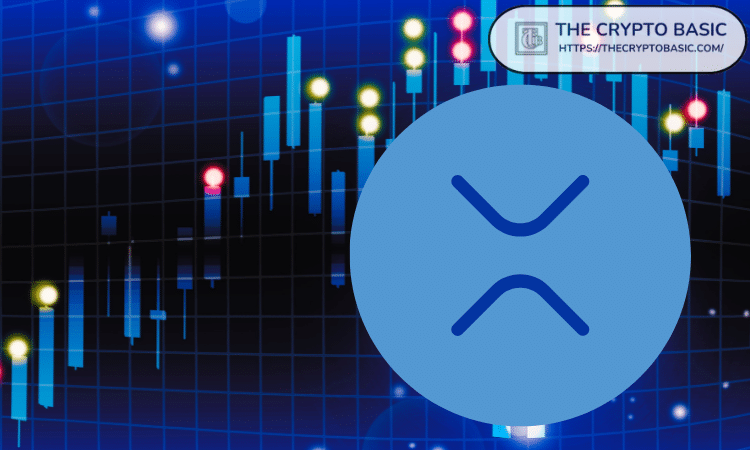A bid by President Donald Trump and Congressional Democrats to peg the new round of pandemic recovery stimulus checks at $2,000-per-person has failed, at least for now — blocked by Senate Majority Leader Mitch McConnell and other GOP senators.
Instead, the checks — and electronic payments that already have begun for some recipients — will be $600 per person for families receiving the full amount. Individuals earning more than $75,000 will receive smaller payments on a sliding scale.
The Wall Street Journal (WSJ) reported Wednesday (Dec. 30) that McConnell had tied the $2,000-per-person payments to measures unacceptable to Senate Democrats. One would have removed some liability provisions for social media companies, and another would have called for an investigation into alleged voter fraud in the 2020 presidential election.
WSJ quoted Sen. John Cornyn as having said: “They want to spend the money on people who frankly haven’t suffered any financial losses during the pandemic, and that’s just wasteful.”
The fight over potential $2,000-per-person checks followed Congressional approval of $600-per-person checks a few days before Christmas. Treasury Secretary Steven Mnuchin said Tuesday (Dec. 29) that electronic payments could begin as early as that night and paper checks would be printed within days.
The Democrat-controlled House approved $2,000-per-person checks on Monday (Dec. 28).
Members of a PYMNTS panel discussing the stimulus payment process said distributing stimulus funds is likely to be smoother now than it was earlier in 2020 when the first round was approved, but room for improvement remains.
“In terms of setting up the process, the fact that we do still from a government perspective distribute so many of our federal payments to individuals in a paper fashion is an incredible challenge,” Wells Fargo’s Michelle Ziolkowski, senior vice president and head of Global Payables/Treasury Management, said.
——————————
NEW PYMNTS DATA: THE DECEMBER 2020 SUBSCRIPTION BUNDLING REPORT

About: The PYMNTS Subscription Bundling Report, surveyed a census-balanced panel of 2,962 U.S. consumers to gauge how their attitudes toward bundled subscription services have changed during the pandemic, especially those offered by companies in the streaming sector. The report also examines how the knowledge that a COVID-19 vaccine will soon be available throughout the U.S. could affect their perceptions.
























